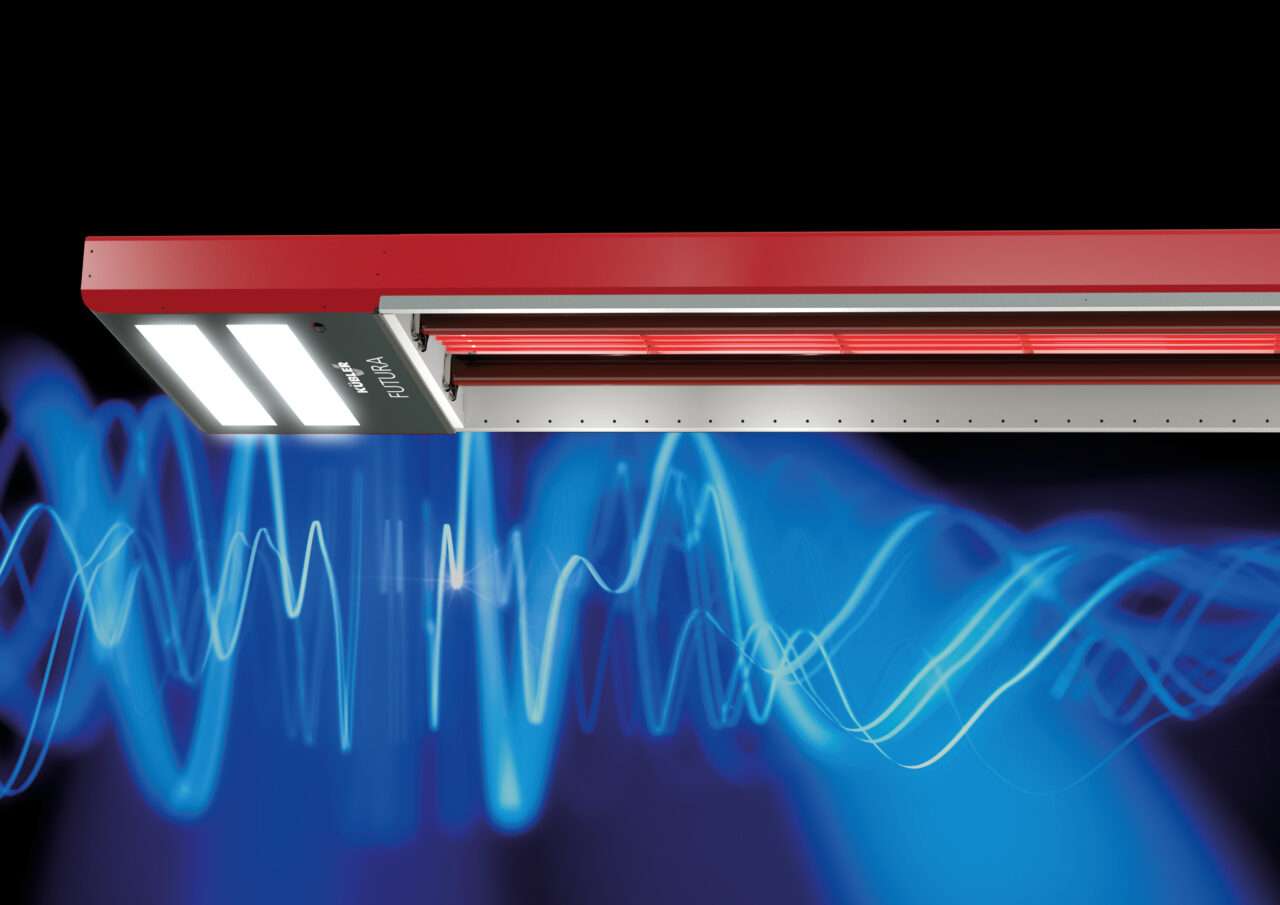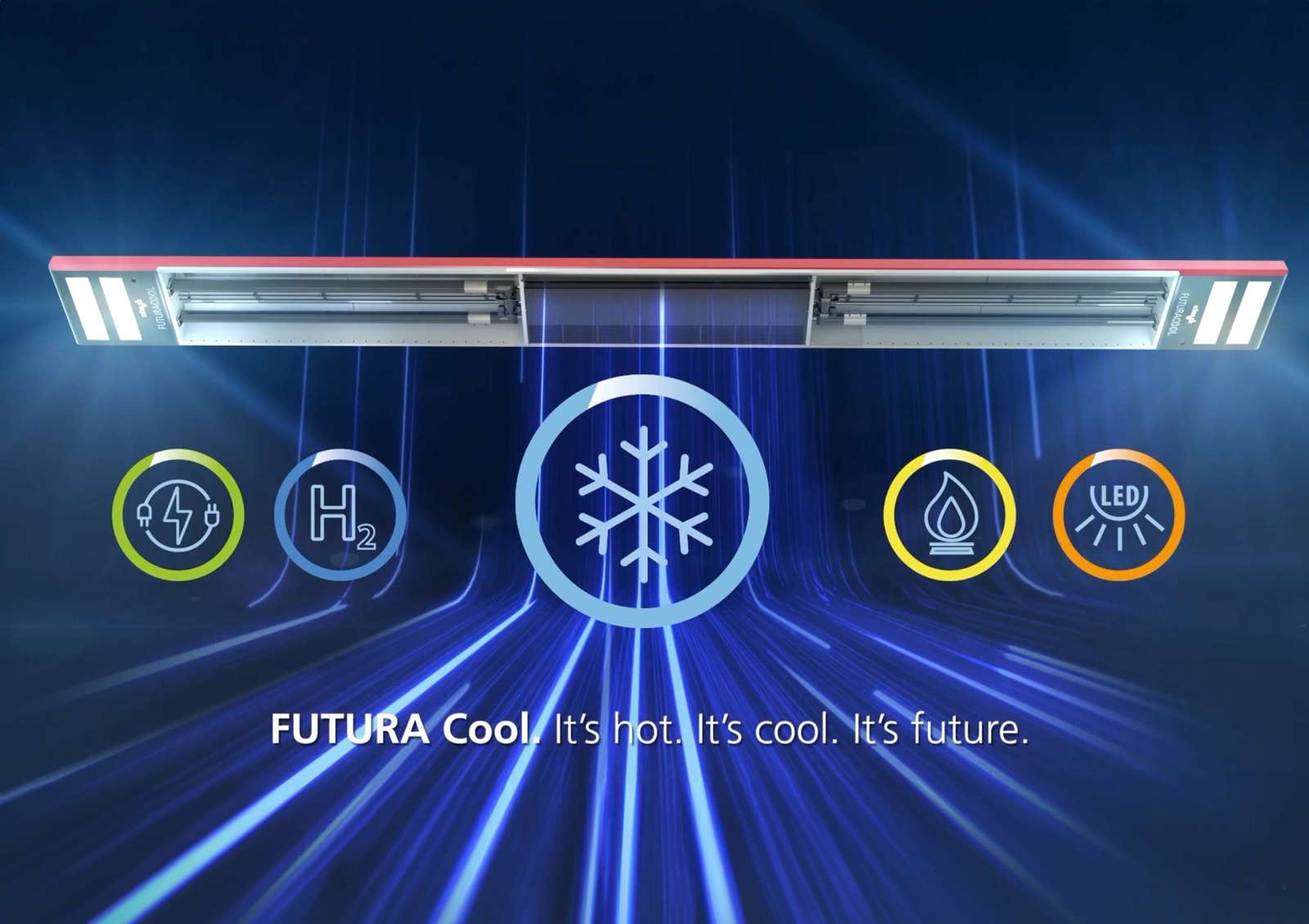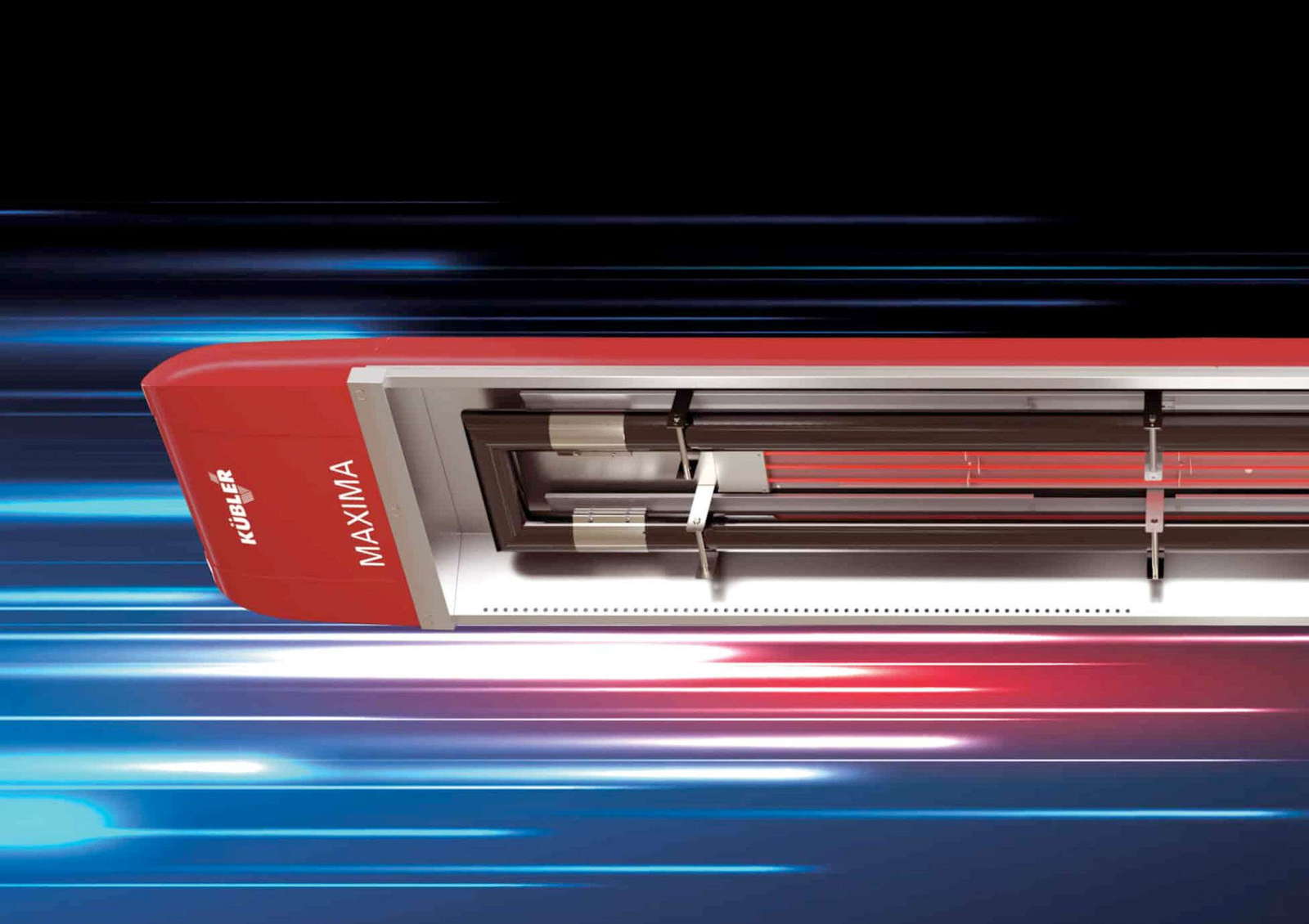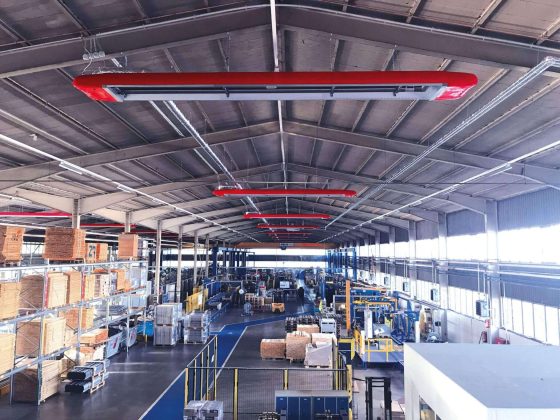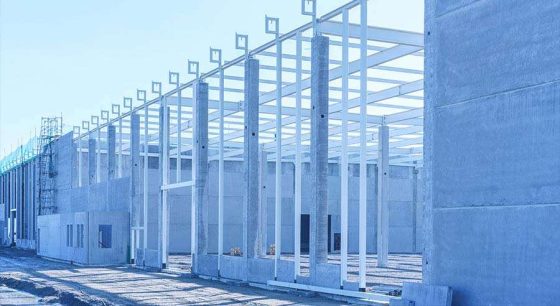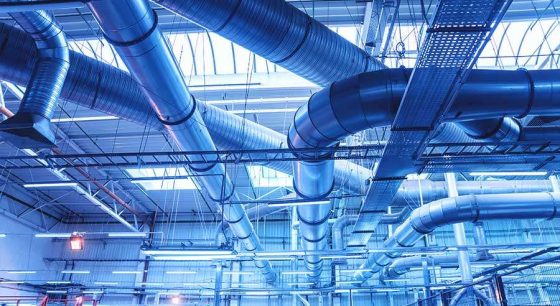Heating halls in compliance with GEG from 2024 - but how?
May 3, 2023
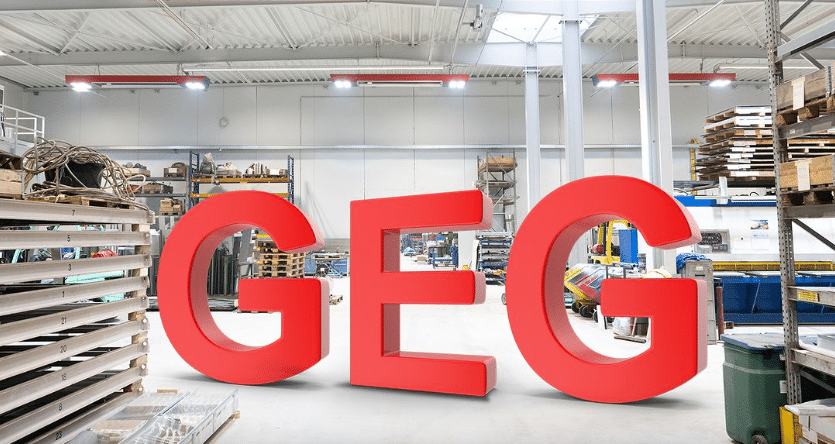
How will Germany heat from 2024 according to Federal Minister Habeck? First things first: the final answer is not yet available. This is because the draft for a new Building Energy Act (GEG) has only just made it through the cabinet. The next step will be to ask the Bundestag and Bundesrat. Nevertheless, the announced "end" for gas and oil heating systems has been making waves for months. And caused so much uncertainty that last winter, instead of investing in the energy-efficient refurbishment of their hall heating systems, industry often preferred to reactivate old oil and coal heating systems...
This was certainly not a good idea. After all, the shock paralysis has not only set back climate targets, but has also harmed companies: millions of euros in energy cost savings could not be booked on the credit side. The GEG from 2021 is still valid and the planned new version explicitly takes into account the special heating conditions of halls that rely on specific technologies such as decentralized infrared heating. Our experts have cleared the jungle of the draft bill for you and highlighted the points that are important for GEG-compliant hall heating from January 1, 2024.
In the new GEG ("65 % renewables for every new heating system from 2024"), the special features of "non-storey buildings" such as industrial and commercial buildings with their typically high ceilings are given due consideration
Highly efficient decentralized hall heating systems such as the KÜBLER FUTURA multi-energy heating system are the ideal solution for heating halls with typical ceiling heights ranging from 4 m to well over 20 m in some cases. With the ability to react quickly and precisely to local and temporal heat requirements - i.e. to provide heat only when it is needed in a specific area - the FUTURA heating system is the first to combine maximum efficiency in heating halls with the use of renewable energies in the form of green electricity and green gases, depending on availability.
Compliance with the new legal requirements (GEG from 2024) is ensured with FUTURA both in the renovation sector and in new builds. This is demonstrated by excerpts from the draft bill
- IR heaters operated directly by electricity with complete coverage of the heat demand automatically fulfill the requirements of the GEG in the hall area without additionally falling below the minimum requirements for structural thermal insulation (§71d (4)).
- The installation of a gas heating system that is capable of, to burn both natural gas and 100 % hydrogen ("H2-ready") also meets the requirements. Natural gas can initially be used for this, subject to compliance with a binding transformation path to be submitted by the gas distribution network operator in accordance with Section 71k. The conversion to hydrogen operation may only require limited structural changes to the heating system (currently proposed here are "a maximum of 20-25 % of the original investment costs").
- Any combination of the two previous points - such as the FUTURA multi-energy infrared heating system - is also a fulfillment option within the meaning of the new GEG (§71).
For the renovation of hall buildings, the great energy-saving potential of efficient decentralized heating is also further taken into account by the new GEG
- The installation of a highly efficient decentralized hall heating system is also possible here (in addition to the options mentioned above) without feeding in renewable energy: If 2 years after the installation of the decentralized heating system in halls (> 4 m) a saving of at least 40 % over the period of one year is proven, the basic requirement for the use of renewable energies according to §71 does not apply. The background to this is that the requirement for renewable energies is assessed here on a par with the saving of useful energy and is equivalent. Multi-energy systems such as FUTURA therefore meet the planned GEG requirements in several respects. And this is achieved through greater comfort and effective heat transfer via infrared with precise temporal and spatial allocation (e.g. zone heating). Another advantage for operators of industrial and commercial buildings is that the investment costs saved can be used to invest in a PV system. This increases the energy self-sufficiency of companies and at the same time leads to a reduction in energy costs. This is also an advantage in terms of decarbonization: the innovative Infaro heaters accompany their users into the future with investment security - beyond the year 2045. And all this with optimum comfort, perfect usability and unique multi-energy capability.
Everything you need to know about energy-saving hall heating systems in practice
Saving energy is a big issue - across all sectors. If you want to put an end to inefficient heating systems, our guide is just right for you!
Request a free guide
You might also be interested in
-
The search for suitable optimization potential in energy-related processes in industrial and commercial companies is not always easy for energy management. Especially as measures in efficiency technologies and renewable energies cost money and the budget is often lacking. Many - ecologically and economically important - measures then fall by the wayside. But does that have to be the case?
-
It is only a small segment, but of great importance: in the current discussion about the energy transition, industrial buildings are being neglected. They only make up two percent of the building stock in Germany. However, they are responsible for around 15 percent of building-related energy consumption and the associated greenhouse gas (GHG) emissions. In the current Building Energy Act (GEG), however, industrial buildings are treated in the same way as daycare centers - and there are indications in a draft bill that the federal government wants to focus exclusively on heat pumps as a technology. KÜBLER GmbH in Ludwigshafen invited experts to discuss this issue. Daniel Föst, construction policy spokesman for the FDP parliamentary group in the Bundestag, announced his intention to change the legislative system.
-
Are you looking for an economical and sustainable heating system for your new building? Then you should invest enough time in planning. And avoid the following mistakes.
-
Only around half of German companies are aware of their waste heat potential - this is what dena writes in its publication on waste heat utilization as part of the Energy Efficiency Initiative. This means that an estimated 226 TWh of usable heat goes unused every year. That is 36 % of the energy used by the entire manufacturing industry. Clearly, this costs companies an enormous amount of money, but at the same time the unused waste heat has a negative impact on the environment. Around 60 million tons of the greenhouse gas CO2 are unnecessarily evaporated into the atmosphere every year. In view of rising energy costs and climate protection targets, companies simply can no longer afford to do this.
